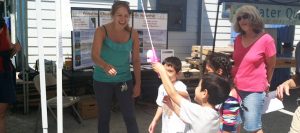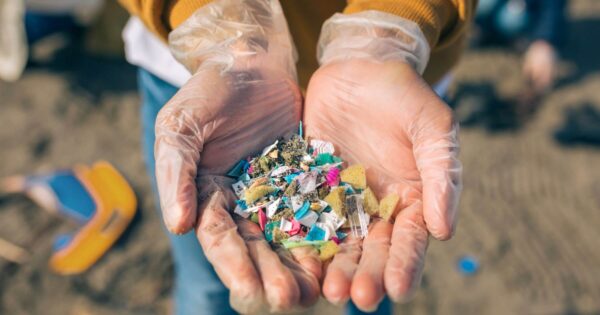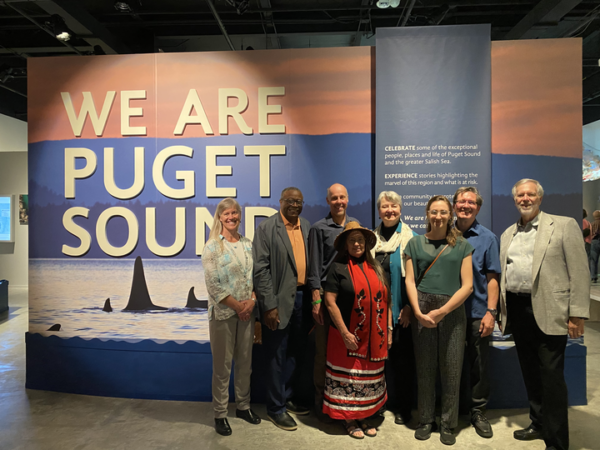These dedicated volunteer groups have worked to conserve the unique habitats, plants, and animals of their local Aquatic Reserve and increase the effectiveness of the Washington Department of Natural Resources’ Aquatic Reserve program (DNR AR program). We’re inspired by their dedication to scientific monitoring, environmental literacy, public education, and local stewardship.
 The committees also worked with agency staff and local organizations to develop and implement five scientific monitoring and assessment programs, two at each Reserve. All together we trained 268 volunteers to participate in the collection and analysis of baseline data about each Reserve, ranging from seabirds to intertidal ecosystems to forage fish spawning. This data will inform future decisions about the protection of these important habitats specifically and Puget Sound as a whole.
The committees also worked with agency staff and local organizations to develop and implement five scientific monitoring and assessment programs, two at each Reserve. All together we trained 268 volunteers to participate in the collection and analysis of baseline data about each Reserve, ranging from seabirds to intertidal ecosystems to forage fish spawning. This data will inform future decisions about the protection of these important habitats specifically and Puget Sound as a whole.
We also developed and implemented a technical review program that trained 66 community members about the power of the “Aquatic Reserve” status and the regulatory tools available to protect these important areas. The committees then collectively analyzed impacts to the Reserves and provided comments. This work not only empowered volunteers to participate in the regulatory management of the Reserves, but it prepared them to use these skills to participate in issues that impact the larger Puget Sound ecosystem.
Four of five committees successfully secured funding to continue this important work and will continue to monitor the Reserves’ ecosystems, educate their communities, and keep a close eye on the area to protect their local aquatic reserve for years to come. To keep up to date on what’s happening with the Aquatic Reserves, visit aquaticreserves.org.


